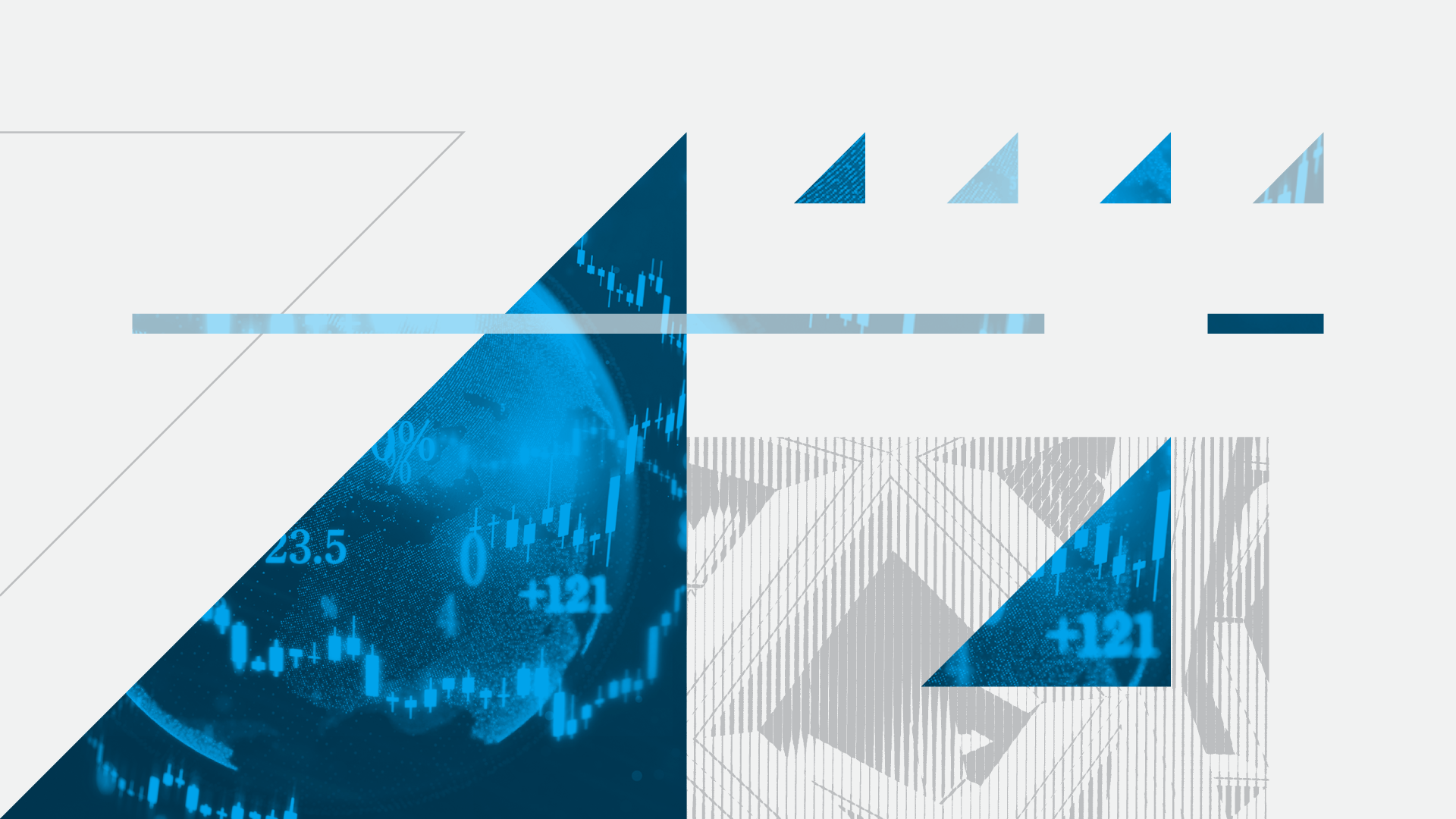Banking Blind Spots Reveal Struggling Financial Health

This is a preview of our latest State of Consumer Banking and Payments report.
There’s a disconnect between consumers’ generally positive feelings toward their banking relationships and their struggles with financial well-being, highlighting blind spots for banks: They can’t see what consumers are doing with other financial providers, and are thus missing opportunities to serve them better.
Even amid the current pandemic, consumers report satisfaction with their financial services providers, and few have changed these relationships. But beneath the calm surface are signals of persistent struggles with financial well-being and broader shifts in payment habits. Consumers continue to turn to alternative financial services and “buy now, pay later” (BNPL) programs to alleviate pandemic-induced financial stress, which represents a growing challenge to the primacy of banks in their customers’ financial lives.
Even during tumultuous times, satisfaction and trust with primary financial services providers remain consistent
Consumers’ satisfaction with their primary bank, credit union and credit card providers remains in the high 80s and 90s for the average U.S. adult using these providers. Trust in these same institutions has also held steady among customers and noncustomers alike, showing little impact from the pandemic.
In addition, consumers remained loyal to their providers, showing little overall change in the number of banks, credit unions and credit card companies they work with. As of January, the average U.S. adult works with one bank, but nearly a third work with more than one.
But financial vulnerability has increased, leading to depressed financial well-being
The steadfastness of consumers’ support for their providers belies faltering feelings of financial well-being. The delta and omicron variants, as well as inflation, have continued to challenge consumers’ finances, leading in January to a sharp increase in financial vulnerability and a statistically significant decrease in financial well-being.
Households earning less than $100,000 per year have fared especially poorly since July. As Morning Consult economist Jesse Wheeler noted last month, continued inflation and income losses, coupled with reduced policy support, will lead to further deterioration of finances, especially among already vulnerable lower-income groups, as personal savings dwindle.
Consumers are realizing that their banks can’t meet all their financial needs, and as a result they’re looking elsewhere for fulfillment.
Outside the purview of banks, consumers are looking for new providers and continuing to rely on costly alternative services
Despite consumer satisfaction with existing providers, roughly 1 in 6 adults in a given month says they are looking to start a relationship with a new banking provider. That share rises to more than 1 in 4 among millennials, who report lower financial well-being than the general population.
More immediately, consumers are relying on providers other than banks to make ends meet, which could threaten the role of banks in their customers’ lives, even for those who are satisfied with their banking provider. Americans continue to use costly alternative financial services — check cashers, money orders and payday loans — to fill gaps in income or employment that prevent them from covering basic expenses.
In addition to these services, consumers increasingly turned to overdrafting and BNPL options to make ends meet through the holidays.
Especially as the pandemic continues and economic conditions remain uncertain, leaders at traditional institutions can no longer assume that a satisfied customer is financially secure or loyal, and must pay attention to how consumers are meeting their financial needs beyond their banks. Even in a post-pandemic world, consumers’ habits may be permanently reshaped as they learn to rely less on their banks and employ a more diverse array of financial services providers for their different financial needs.
Charlotte Principato previously worked at Morning Consult as a lead financial services analyst covering trends in the industry.